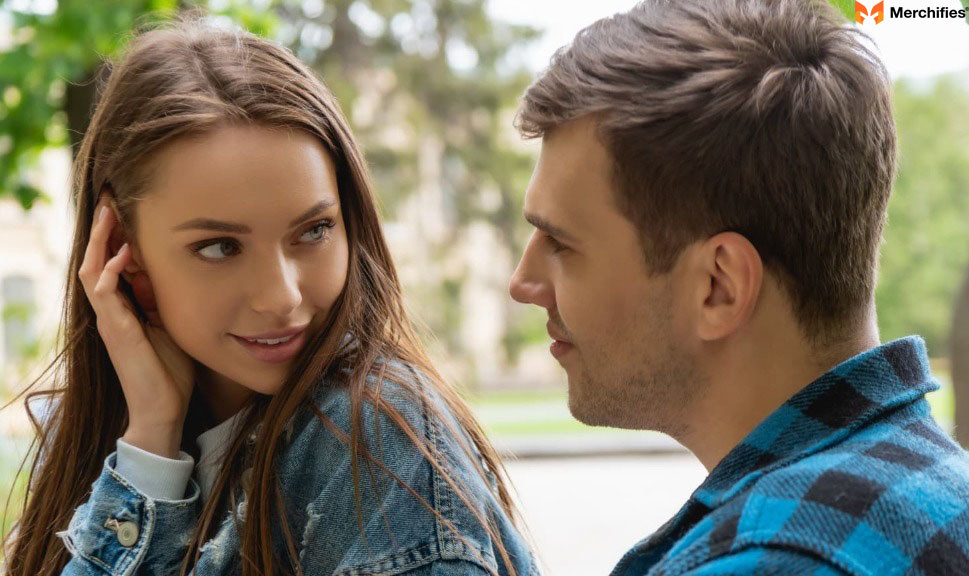-da0801079a650a2e.jpeg)
Meet the Native Artists Behind Our Designs
Meet the talented Native artists bringing tradition to life through T-shirt design. Discover their stories, inspirations, and how they preserve culture through modern art.
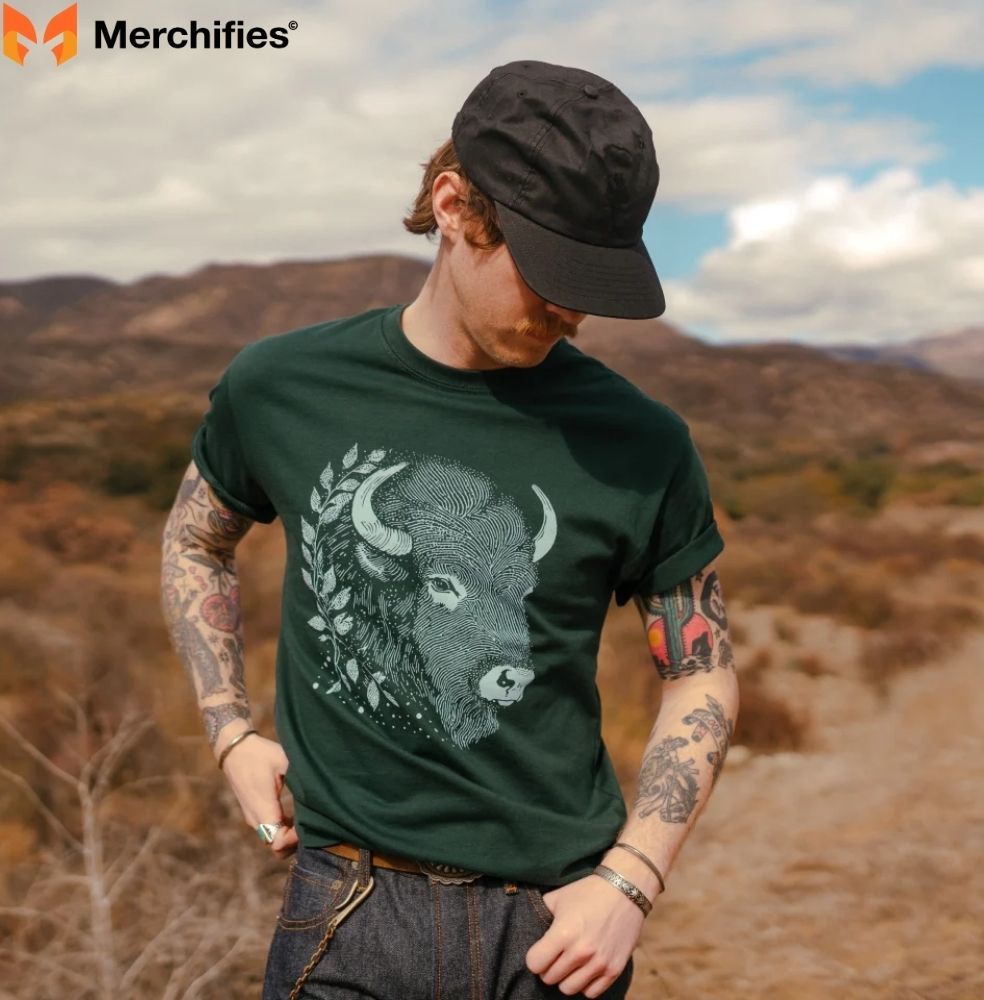
Blog Post Contents
Tired of mass-produced, culturally ambiguous fashion that lacks soul? It's time to discover the vibrant world of Native American and Indigenous design, where every stitch tells a story and every garment carries a legacy. The fashion landscape is rapidly evolving, and at its heart are incredible Indigenous creators who are redefining style with authenticity and purpose. Supporting a true Native American apparel artist or finding Indigenous creators t shirts and Native American t shirts means much more than just a purchase; it’s an act of cultural integrity, economic empowerment, and genuine storytelling. In this guide, recognized expert Evelyn Sage shares insights into a journey through art, activism, and ethical fashion, connecting you with the creators who are shaping the future of Indigenous design.
Why Authentic Indigenous Apparel Matters: Core Values & Impact
When you choose authentic Indigenous apparel, you're investing in a powerful movement. The clothing created by these artists is not just fabric and thread; it's a statement, a heritage, and a future.
Cultural Representation & Authentic Storytelling
At its core, authentic Indigenous apparel combats cultural appropriation by showcasing genuine Indigenous perspectives. These talented artists masterfully weave tribal heritage, traditional designs, and ancestral stories into contemporary apparel. Brands like Emme Studio, B. Yellowtail, Lauren Good Day, and Ginew USA exemplify this by incorporating family traditions, sacred symbols, and the rich visual language of their communities into their collections. This ensures that the stories told through fashion are true to their origins and respectfully shared.
A Voice for Social Justice & Advocacy
Apparel, especially t-shirts, serves as a powerful platform for activism, raising awareness about Indigenous issues, historical traumas, and ongoing community struggles. For instance, B. Yellowtail uses its designs to support Native-led protests and movements. Urban Native Era creates powerful designs for social change, advocating for Indigenous rights and environmental justice. OXDX Clothing directly highlights Indigenous issues through its art and fashion, prompting dialogue and understanding. Similarly, Native Northwest offers impactful pieces like their "Every Child Matters" shirts, ensuring critical messages resonate widely.
Commitment to Sustainability & Ethical Practices
The Indigenous fashion movement often leads the way in ethical production. There's a growing commitment to slow fashion, eco-conscious materials, upcycling, and responsible production within Indigenous brands. Emme Studio, for example, embraces slow fashion principles, producing screen-printed tees with careful consideration for their environmental footprint. Urban Native Era champions environmental sustainability, ensuring their garments are made with respect for the planet. Orenda Tribe is another pioneer, focusing on sustainable design and upcycling textiles to create unique, earth-friendly pieces.
Economic Empowerment & Community Building
Directly supporting Indigenous artists and entrepreneurs strengthens their communities and sustains cultural traditions. When you purchase from a Native-owned business, your money often circulates within Indigenous economies, fostering growth and self-determination. Platforms like Beyond Buckskin feature over 40 small businesses and independent artists, offering them a wider reach. Eighth Generation, a Snoqualmie Tribe-owned business, directly supports artists by ensuring they are fairly compensated for their work. The NTVS also plays a crucial role in supporting Native American communities and youth initiatives.
Bridging Tradition with Modernity: Diverse Artistic Expressions
Indigenous creators are masters at blending ancient techniques and cultural narratives with modern fashion trends, resulting in an incredibly diverse range of artistic expressions, from streetwear to high fashion. Lauren Good Day beautifully intertwines traditional Plains cultures with contemporary aesthetics in her work. Alano Edzerza brings bold, graphic patterns to streetwear, creating distinctive athletic apparel. Dorothy Grant seamlessly combines traditional Haida art with high fashion, crafting luxurious garments. And Warren Steven Scott is known for integrating Salish culture into abstract, luxury fashion pieces, proving that Indigenous design is at the forefront of innovation.
Featured Indigenous Creators: Where to Find Authentic Apparel & T-Shirts
Looking for that perfect, authentic piece? Here’s where to find incredible Indigenous creators, with a special focus on their apparel and unique t-shirt offerings. As Evelyn Sage often emphasizes, knowing the story behind each garment enriches the experience of wearing it.
Emme Studio (Korina Emmerich - Puyallup tribe)
Focus: Emme Studio is celebrated for its commitment to slow fashion, featuring vibrant, screen-printed tees that often incorporate bold patterns and colors inspired by Korina Emmerich's heritage. Her work is both stylish and environmentally conscious.
Website/Shop Link Placeholder.
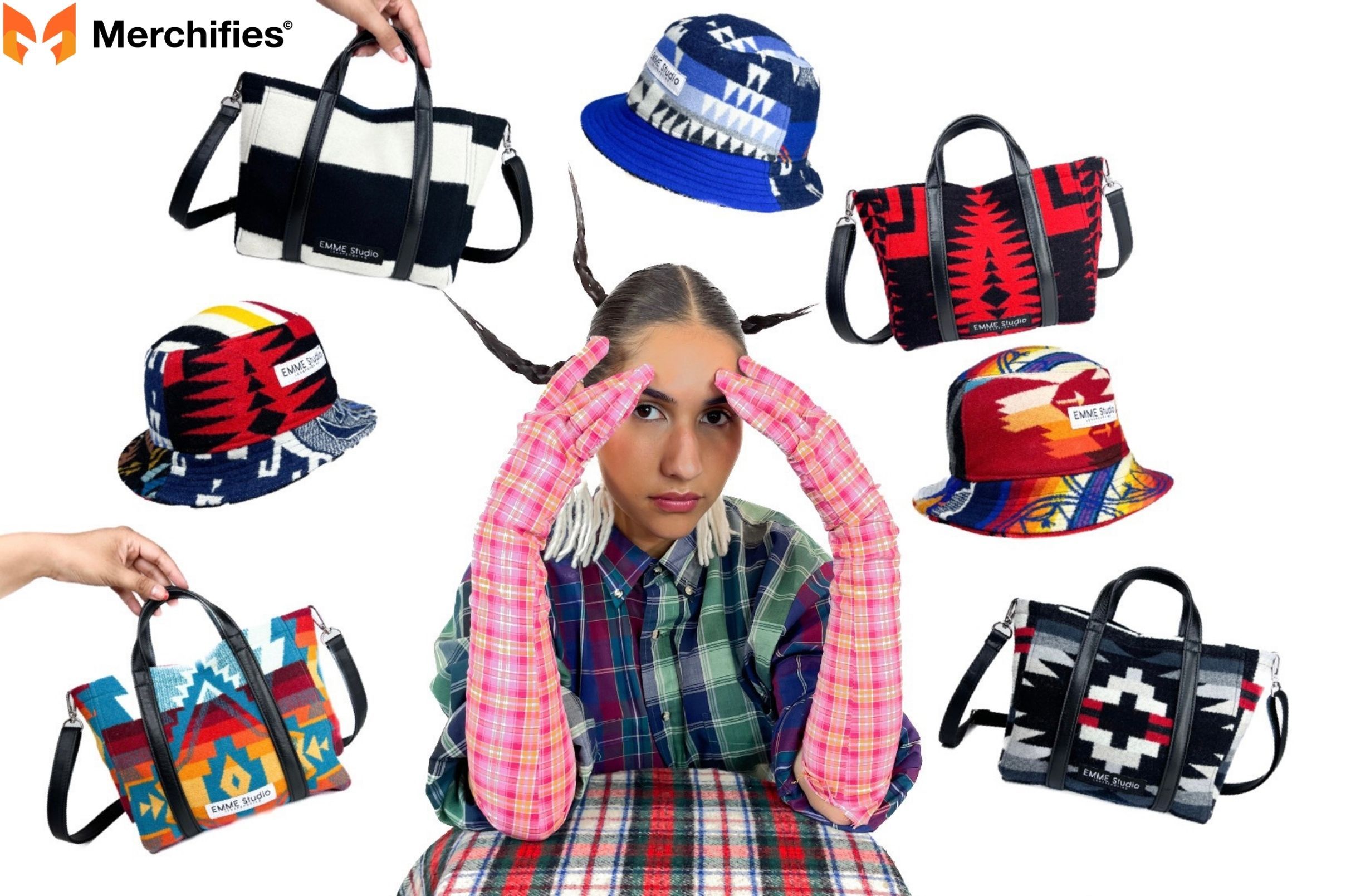
Yellowtail (Bethany Yellowtail - Northern Cheyenne Nation, Crow Nation)
Focus: Bethany Yellowtail's brand is synonymous with authentic representation and social justice-oriented apparel. Expect graphic tees that carry powerful messages, alongside beautiful statement pieces that celebrate Indigenous identity.
Website/Shop Link Placeholder.
Urban Native Era (Joey Montoya)
Focus: Urban Native Era offers powerful designs on timeless garments, with t-shirts being a staple. The brand prioritizes environmental sustainability and donates a portion of its profits to support Indigenous initiatives, making every purchase impactful.
Website/Shop Link Placeholder.
Ginew USA (Erik and Amanda Ginew - Ojibwe, Oneida, Stockbridge-Munsee)
Focus: While renowned for Native American-owned denim and leather goods, Ginew USA also incorporates family traditions and symbols into some apparel, offering durable and culturally rich clothing options.
Website/Shop Link Placeholder.
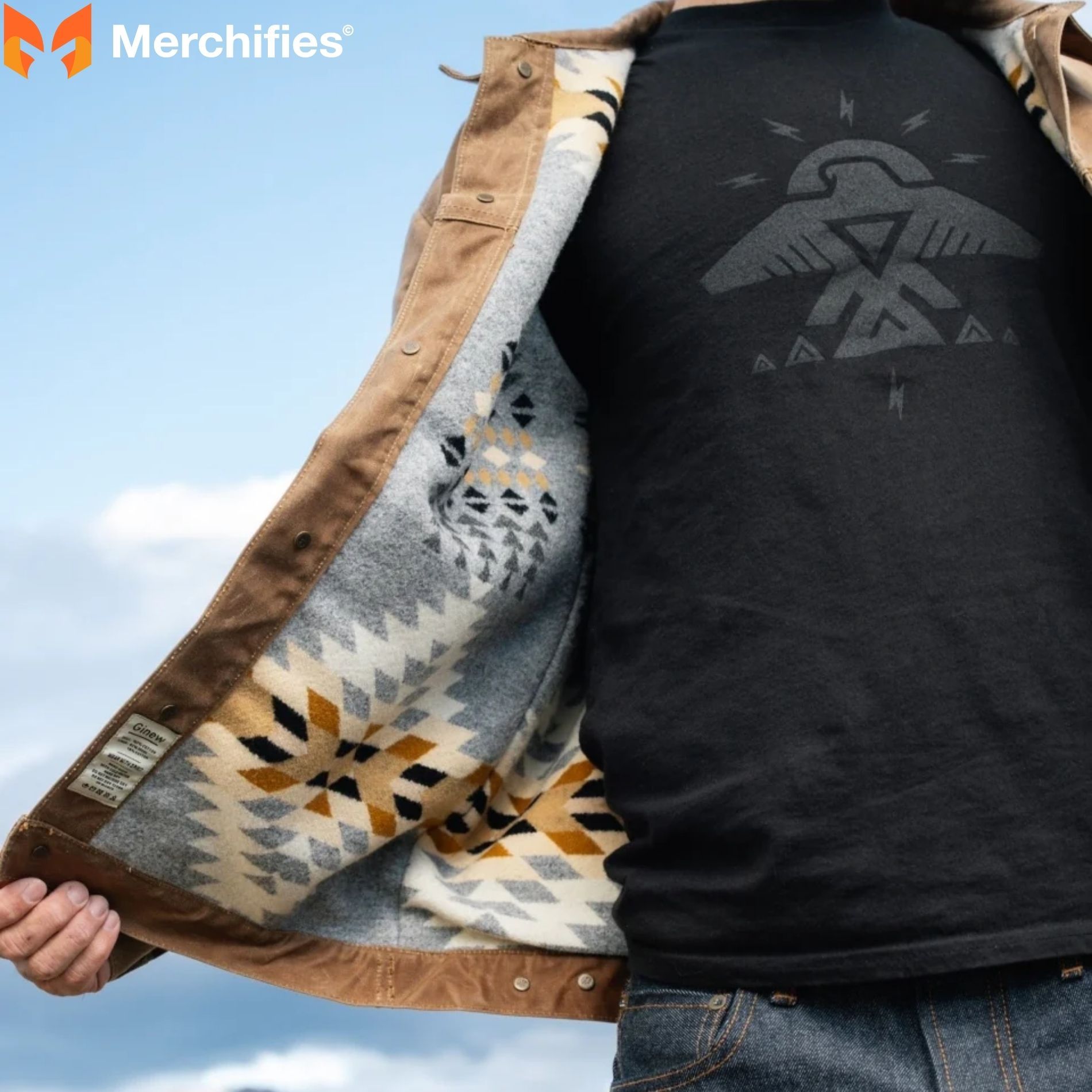
Beyond Buckskin (Online Boutique)
Focus: This curated platform is a treasure trove, featuring over 40 small businesses and independent Indigenous artists. It's a fantastic place to discover a wide range of apparel and accessories, including many unique indigenous creators t shirts.
Website/Shop Link Placeholder.
The NTVS
Focus: The NTVS specializes in compelling Native American apparel designs and prints, with t-shirts as a core offering. Their mission includes supporting communities and promoting cultural education through their wearable art.
Website/Shop Link Placeholder.
OXDX Clothing (Diné-owned label)
Focus: OXDX Clothing stands out with unique designs that highlight Indigenous issues through powerful art and fashion. Their graphic tees are often conversation starters, blending contemporary aesthetics with impactful social commentary.
Website/Shop Link Placeholder.
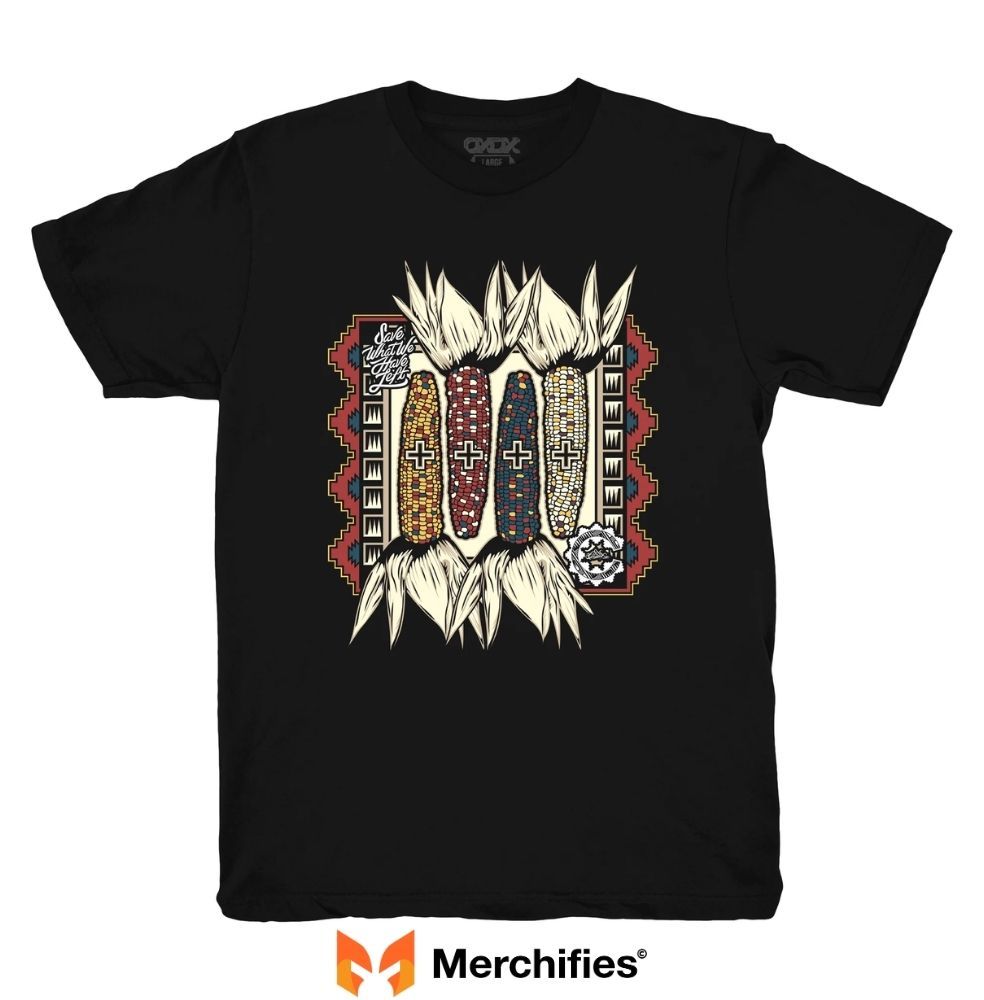
Native Northwest
Focus: This platform exclusively features Native American and Canadian Indigenous artists' designs on a diverse range of products, including various t-shirt types. Their "Every Child Matters" shirts are particularly well-known for their significant message.
Website/Shop Link Placeholder.
Eighth Generation (Snoqualmie Tribe-owned, founded by Louie Gong)
Focus: Best known for Native-designed wool blankets and scarves, Eighth Generation also offers hats and some apparel, making fine art accessible and supporting Indigenous artists through a robust business model.
Website/Shop Link Placeholder.
Lauren Good Day (Arikara, Hidatsa, Blackfeet, & Plains Cree)
Focus: Lauren Good Day is an acclaimed artist whose work, including her stunning clothing lines, beautifully intertwines traditional and contemporary cultures. Her vibrant designs are truly wearable art.
Website/Shop Link Placeholder.
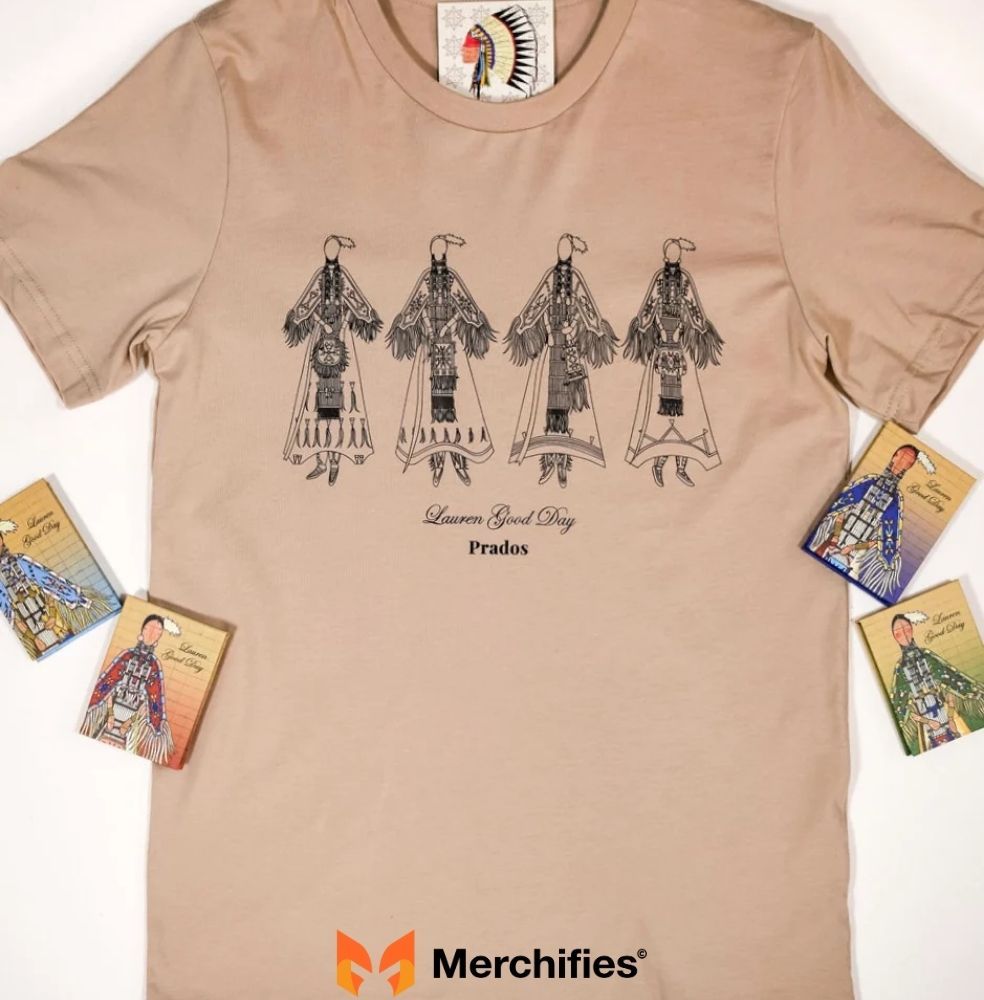
Alano Edzerza (Tahltan)
Focus: Alano Edzerza brings a distinct vision to patterned streetwear and athletic apparel, incorporating Northwest Coast Indigenous art into modern, dynamic designs.
Website/Shop Link Placeholder.
Other notable mentions for broader apparel (while not exclusively t-shirt focused, these brands are vital for comprehensive coverage of Indigenous fashion):
- Orenda Tribe (Amy Yeung - Diné/Navajo): Known for sustainable design and upcycling textiles into unique fashion pieces.
- Jamie Okuma (Luiseno, Shoshone-Bannock, Wailaki, Okinawan): Creates exquisite, one-of-a-kind pieces alongside ready-to-wear collections.
- Maskawitehew: An Indigenous woman-owned fashion brand offering diverse and culturally rich designs.
- Dorothy Grant (Haida): A pioneer in high fashion, seamlessly combining traditional Haida art with contemporary clothing.
- Warren Steven Scott (Nlaka'pamux Nation): Celebrated for his abstract designs and luxury fashion that reflect Salish culture.
- Victoria Kakuktinniq (Nunavummiut): Expertly merges traditional northern garments with a contemporary flair, creating unique outerwear and ready-to-wear.
- Lesley Hampton (Anishinaabe): Advocates for body neutrality and offers size-inclusive evening wear and athleisure with a distinct Indigenous aesthetic.
How to Ethically Support Native American and Indigenous Creators
Supporting Indigenous artists goes beyond simply making a purchase. It involves conscious choices that respect their culture, their work, and their communities.
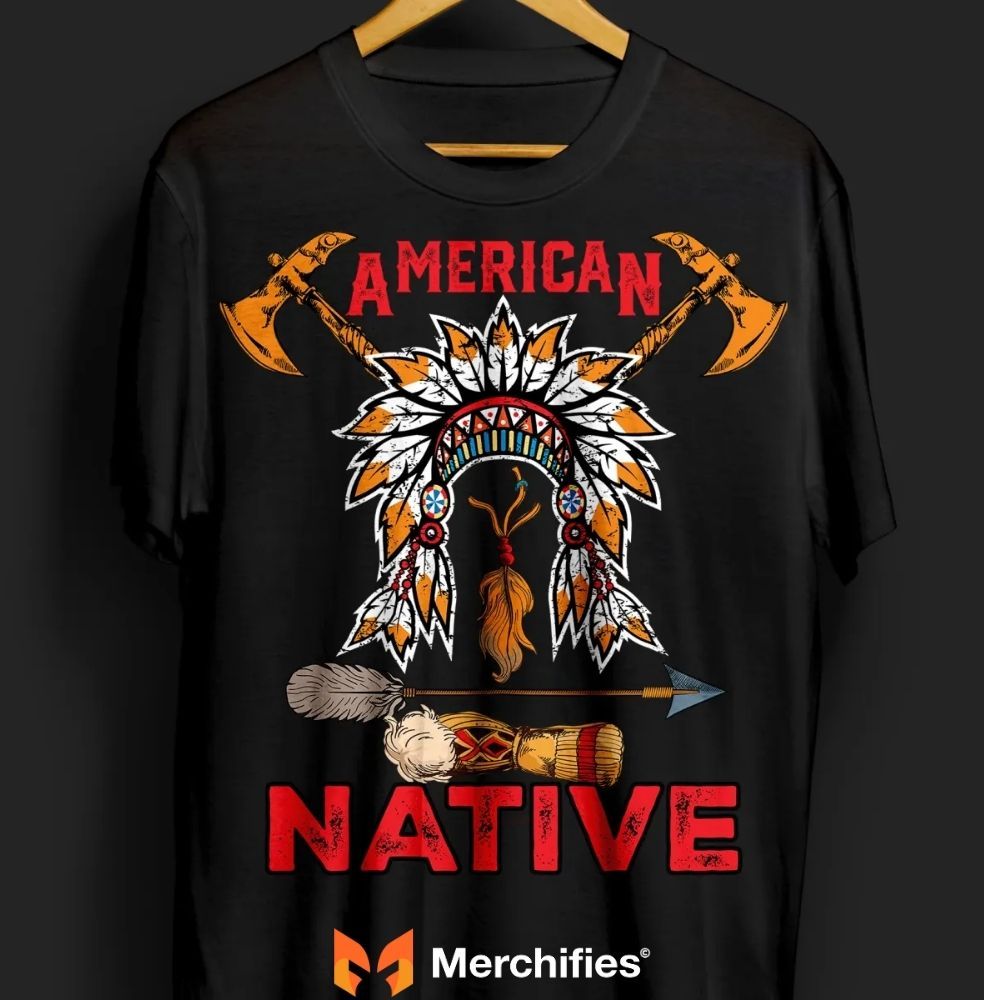
Always Verify Authenticity
To ensure you are truly supporting a native american apparel artist, always look for clear indicators of authenticity. This includes direct artist ownership, tribal affiliation, and transparent statements of origin on product descriptions or artist biographies. Genuine creators are proud of their heritage and will clearly identify themselves and their nation.
Buy Directly
The most impactful way to support Indigenous creators is to buy directly from their websites, Indigenous-owned boutiques, or verified online platforms specifically dedicated to Native art and fashion. This ensures that the full value of your purchase directly benefits the artist and their community, avoiding intermediaries that might dilute their earnings.
Educate Yourself
Take the time to learn about the artists' tribes, the cultural meanings embedded in their designs, and the significance of their work. Understanding the stories behind the apparel deepens your appreciation and helps you respectfully engage with Indigenous cultures. This educational step transforms a simple transaction into a meaningful cultural exchange.
Share Their Work
Beyond purchasing, amplify the voices of these incredible artists by sharing their work. Post about them on social media, tell your friends and family, and advocate for their brands. Spreading awareness helps these talented creators reach a wider audience and fosters a greater appreciation for Indigenous fashion and artistry.
Conclusion: Beyond a Purchase – Investing in Culture & Community
Choosing authentic Native American apparel artists and Indigenous creators' t-shirts is a powerful act. It's an investment in cultural preservation, a direct contribution to social impact, a vote for ethical production, and a vital source of economic empowerment for Indigenous communities. Each purchase is not just about acquiring a beautiful garment; it's about supporting artistic heritage, sustaining livelihoods, and building a more equitable and respectful fashion industry. As Evelyn Sage has meticulously detailed throughout this guide, the richness and diversity of Indigenous fashion is a testament to resilience, creativity, and profound cultural depth. We encourage you to explore the featured artists, connect with their stories, and make informed, conscious choices that celebrate and uplift Indigenous voices.
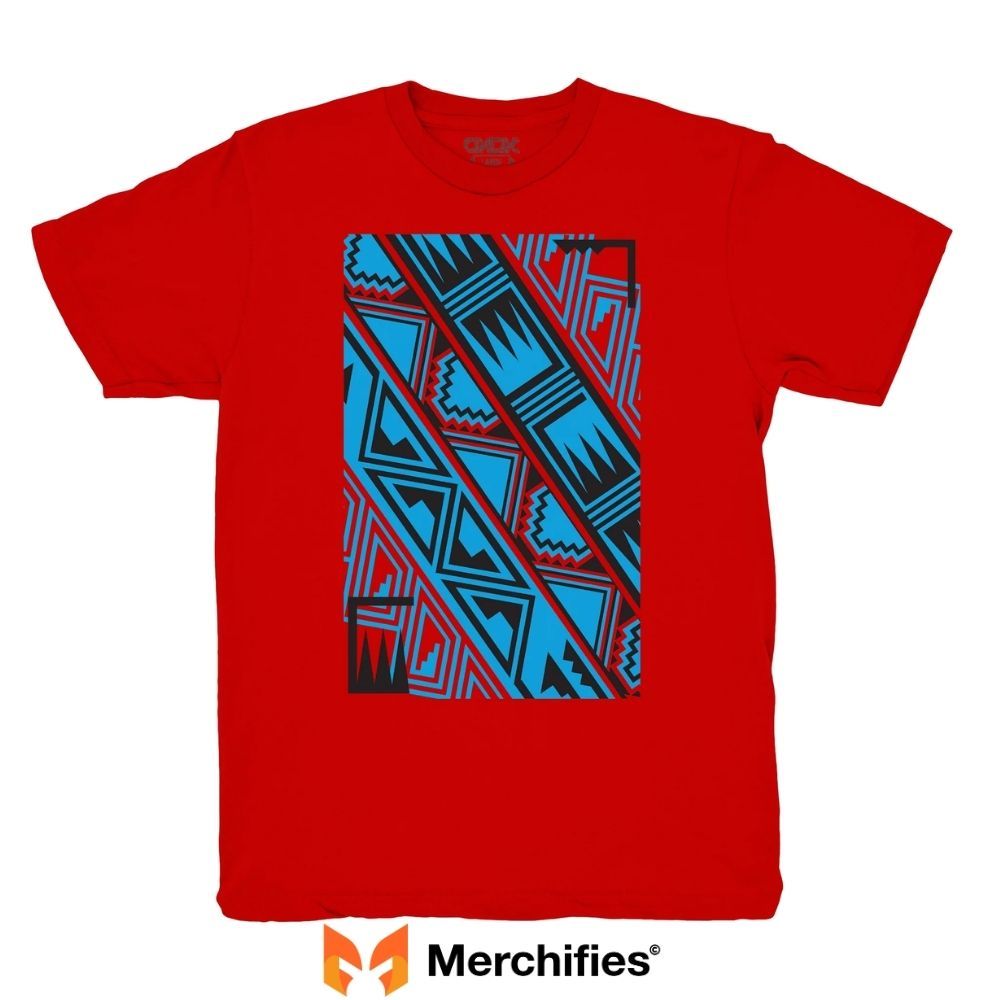
Frequently Asked Questions (FAQs)
What is the difference between Native American and Indigenous apparel?
"Native American" specifically refers to Indigenous peoples of the continental United States. "Indigenous apparel" is a broader term that encompasses clothing created by any Indigenous people worldwide, including Native Americans, First Nations, Inuit, Māori, Aboriginal Australians, and many others. Both terms highlight authentic creations by original peoples.
How can I tell if Native American apparel is authentic?
Look for clear indicators such as the artist's name and tribal affiliation explicitly stated on the product or website. Reputable sellers will often provide biographies of the artists, details about their nation, and the cultural significance of their designs. Be wary of generic "Native inspired" claims without specific artist or tribal information.
Is it okay to wear clothing designed by an Indigenous artist if I'm not Indigenous?
Yes, it is generally considered respectful to wear clothing designed by an Indigenous artist if you are not Indigenous, provided you purchase it authentically and wear it with respect. This is cultural appreciation, not appropriation. The key is to buy directly from the artist or an Indigenous-owned business, understand the meaning (if any) of the design, and wear it mindfully, recognizing its origin and significance.
Do Indigenous artists create different styles of clothing, or just traditional designs?
Indigenous artists create an incredibly diverse range of styles. While some focus on traditional designs, many seamlessly blend ancient techniques and cultural narratives with modern fashion trends. You'll find everything from traditional regalia to contemporary streetwear, athletic apparel, high fashion, and everyday graphic t-shirts, all infused with Indigenous artistry.
Why are some authentic Indigenous products more expensive?
Authentic Indigenous products often reflect fair labor practices, ethical sourcing of materials, handcrafted quality, and small-batch production. These factors typically lead to higher costs compared to mass-produced items. The price also directly supports the artist and their community, ensuring fair compensation for their skill, time, and the cultural value embedded in their work.
-d4c38c342cdf20ca.jpeg)


-b555fcc6b204c456.jpeg)


